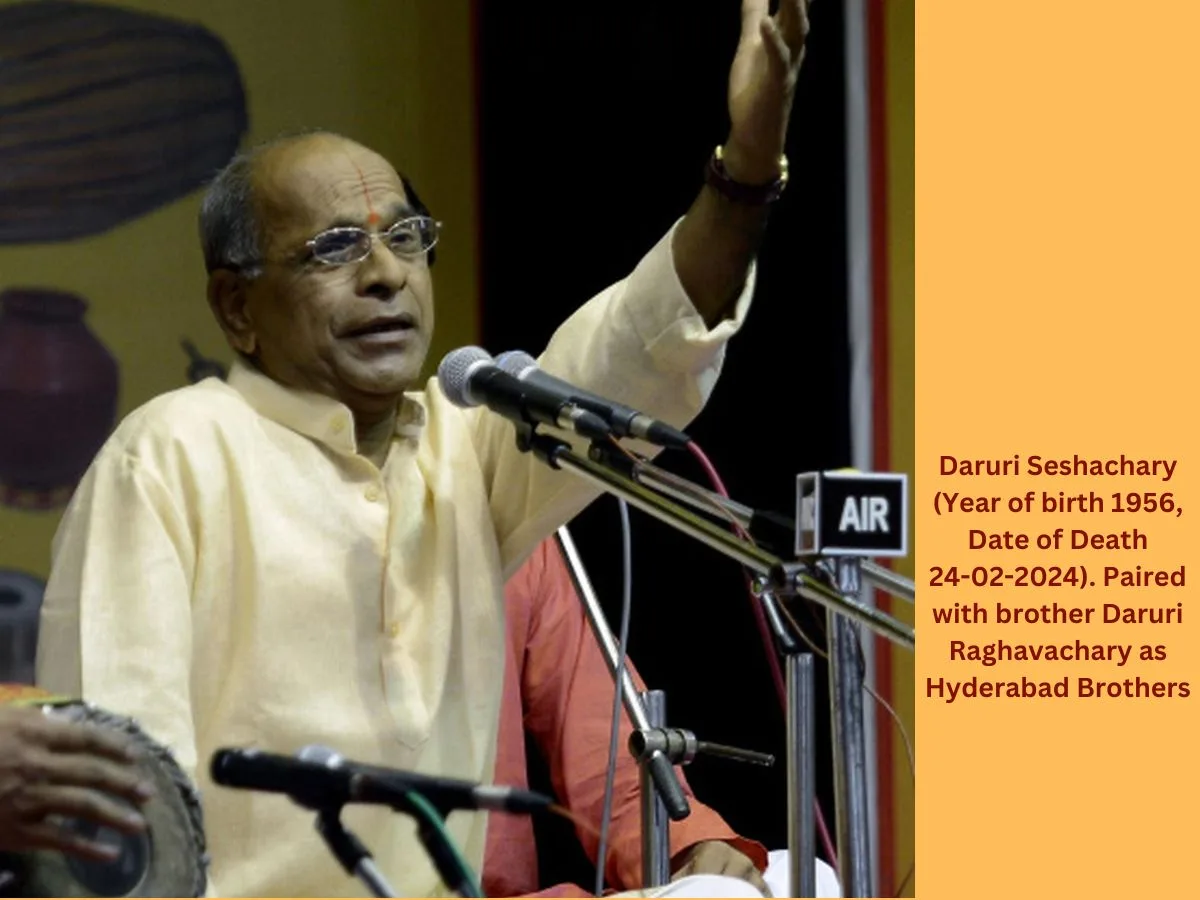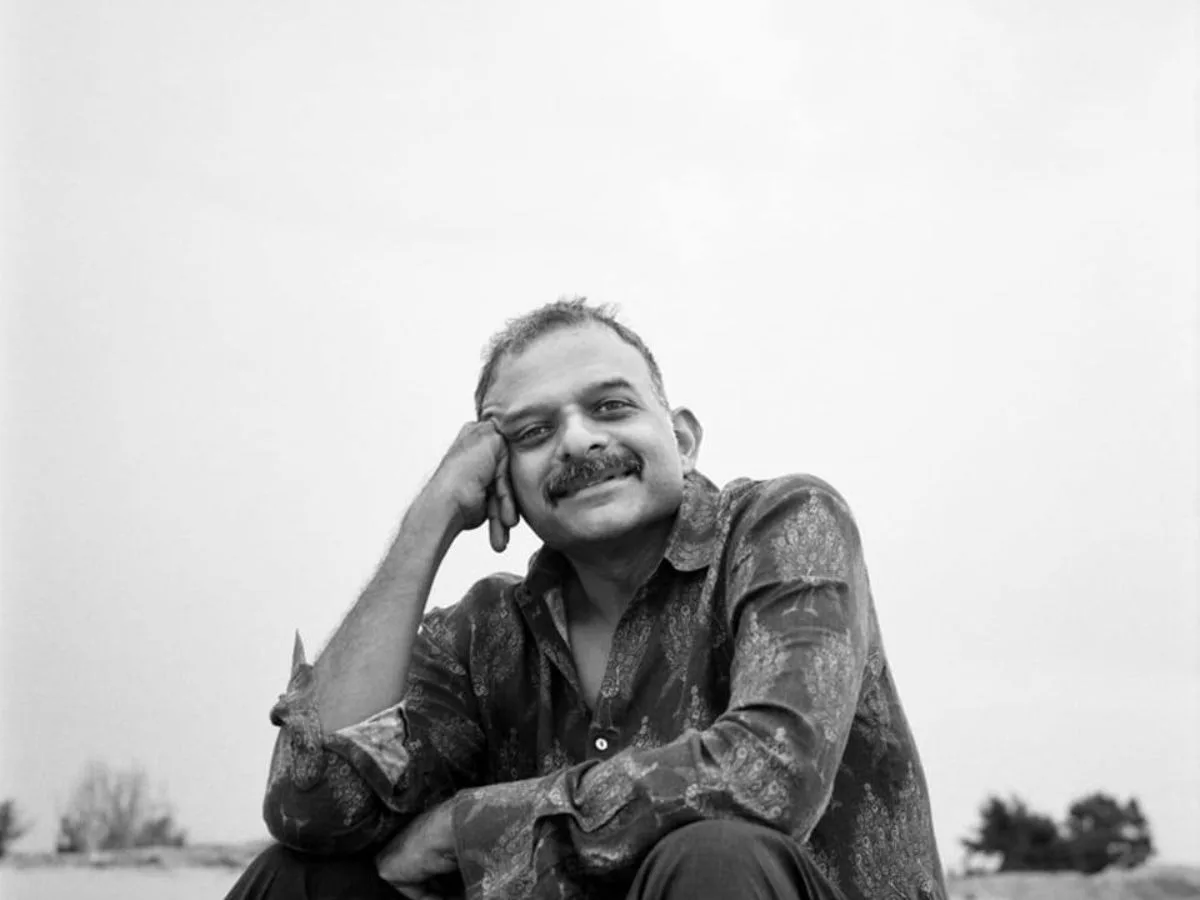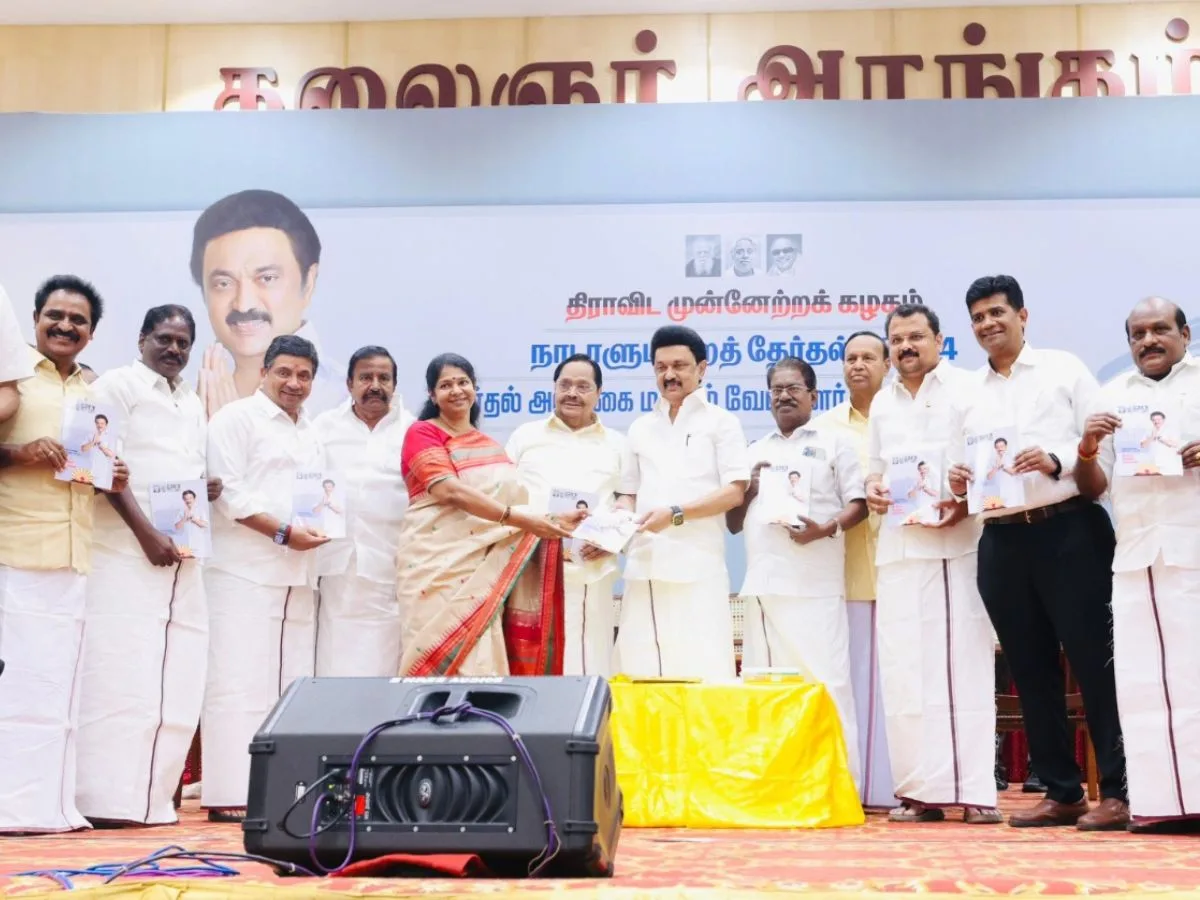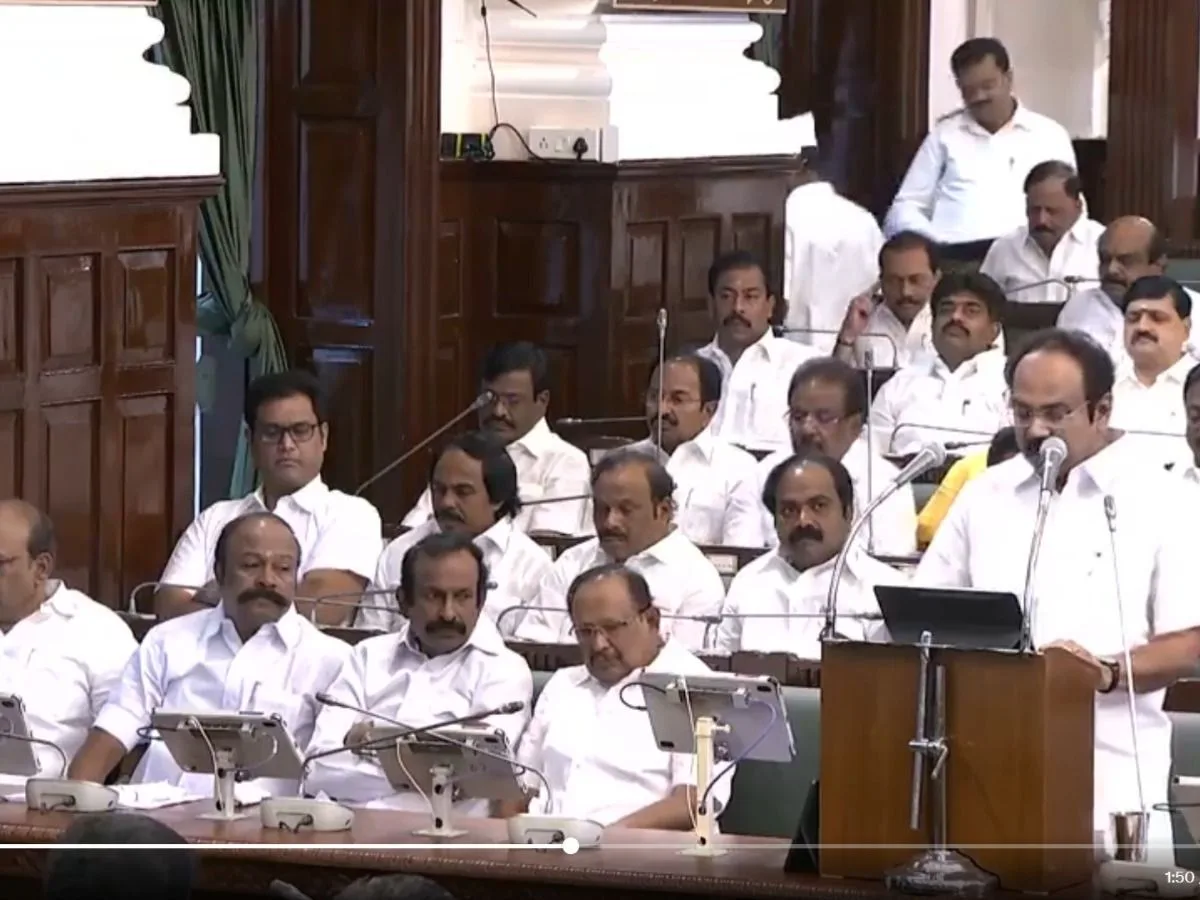Read in : தமிழ்
The BJP will go all out to prevent the release of the Rajiv case convicts, applying the law of the land as upheld by the Supreme Court, says a top BJP source. It appears that the release of Perarivalan is nowhere near in sight, given the determination of the Union Home Minister and the Union Law Minister to keep them in prison, though the Tamil Nadu cabinet, on Sunday, is likely to adopt a resolution seeking release of all the seven convicts and to send the same to the State Governor.
Legal circles in Delhi point out that the Tamil television channels and many sections of the Tamil media had put out false stories on the September 6 Supreme Court order, which indicated that the Supreme Court had granted the Tamil Nadu Government powers to unilaterally release the seven convicts. On the other hand, the truth is that the Supreme Court, which stayed the Tamil Nadu government decision to free the prisoners, had accepted the Centre’s final stand as communicated to the Supreme Court on August 10, 2018, that the Centre alone had powers to release the convicts and not the State Government. In its order on September 6, the SC had not granted powers to the State government to free the prisoners. In view of the Constitution bench upholding the right of the Centre alone to free the prisoners, this has now become settled law.
After this issue was settled, the Court was asked about the pendency of the mercy petition filed by Perarivalan with the State government. The Court then said the mercy petition could be considered by the Governor (as this was already provided for by the law of the land without reference to the powers conferred on the Central Government). Any convict could move a mercy petition with the governor or the President of India and it was for them to consider it. The BJP source explained that after the Constitution bench of the SC had ruled that the powers to release prisoners tried by Central investigative agencies under central laws were vested only with the Centre and not with the State government, the State Governor has no option but to refer the matter to the Centre for consultations. The rule that the Governor normally has to abide by the decisions of the Council of ministers will not apply here as the appropriate government, as referred to by the Constitution bench, was the Central government and not the State government. It is pointed out that in the past too, Governor Barnala had referred a mercy petition to the President.
The BJP also feels there can be no compromise on the question of terrorism.
The BJP government at the Centre, empowered as it with the ruling of the Constitution bench, will oppose any attempt to release the prisoners, the BJP source, and pointed out that this was consistent with the ruling party’s stand with regard to issues like terrorism and territorial integrity. The centre in its communication on its final stand on August 10 to the Supreme Court, had said that remission of their sentence will set a “dangerous precedent” and have “international ramifications”. It said the case involved the assassination of a former Prime Minister in a brutal manner in pursuance of a “diabolical” plot carefully conceived and executed by a foreign terrorist organisation.
The BJP also feels there can be no compromise on the question of terrorism. The Centre cannot have one stand of remission for convicts in the Rajiv Gandhi case and another for acts of terrorism in Kashmir where Pakistani insurgents were indulging in acts of terror on Indian soil. Similarly, the Centre is also confronted with the issue of some Bangladeshi nationals infiltrating into India and carrying out acts of terror in India. Therefore, any attempt to have a soft approach regarding the Rajiv case convicts will send wrong signals throughout the country and will tend to encourage acts of terror in other parts of the country too, the source said, explaining the rationale behind the Centre’s decision. This was also the consistent foreign policy decision adopted by various governments including non-BJP governments, the source said.
Legal circles also refer to another false story put out by Tamil television channels that the SC order had pertained to all the seven convicts. On the other hand, the SC said the mercy petition, already pending with the governor, could be considered by him. There was no reference to the other six convicts. However, if the other six too filed mercy petitions subsequently, it was open to the Governor to consider them, keeping in mind the ruling of the Constitution bench of the highest court of the land, the circles pointed out.
A third false story put out was that the SC had dismissed the petitions of the Central government and therefore had upheld the view of the Tamil Nadu Government that it had the powers to free the prisoners. The petitions were merely disposed off and not dismissed. Explaining this process, the legal circles pointed out that the SC had asked the Central Government to communicate to the court its final stand on powers of the Centre in such matters within three months. A three-judge Bench of Justices Ranjan Gogoi, A.M. Sapre and Navin Sinha had then decided that since the State’s letter of 2014 was still pending with the Centre, the latter should now take a decision. “You take a decision. That itself will decide the matter,” Justice Gogoi orally addressed Additional Solicitor General Pinky Anand. The SC, having received the Centre’s stand, accepted the same, and the matter ended there, the legal circles pointed out. Therefore, the petitions were disposed off, with the SC upholding the powers of the Centre as absolute. The legal circles also pointed out that the Constitution bench had also ruled that life sentence was for life. All that the court had said was that it was open to the Governor to consider the mercy plea of Perarivalan. The court had not given any time-frame or directive to the governor on how to deal with the mercy petition.
In this situation, the legal circles said they were puzzled and intrigued by statements by various parties hailing the so-called granting of powers to the State to free the prisoners when no such power was granted by the SC. On the other hand, the SC had upheld the stand of the Centre that it alone had the powers to grant remission in the cases of investigation by central agencies under Central laws, they added.
The legal circles also pointed out that there was no reply or any review sought by the State Government with the Union government, after receiving the Central government communication on April 18, that the Union Government alone had the powers to free such prisoners and that they should not be realised in view of the dialolical controversy against a former prime minister cared out by a foreign terrorist organisation. This meant that the State government had accepted this position as final and settled law, the legal circles added. The State government can do no more than seek political mileage by appearing to fight for the release of the seven convicts in a game of one-upmanship with the rival parties like the DMK. Its resolution to be sent to the Governor would mean mere posturing as it was aware that the powers were vested only with the Centre, and not with the State government.
Read in : தமிழ்











